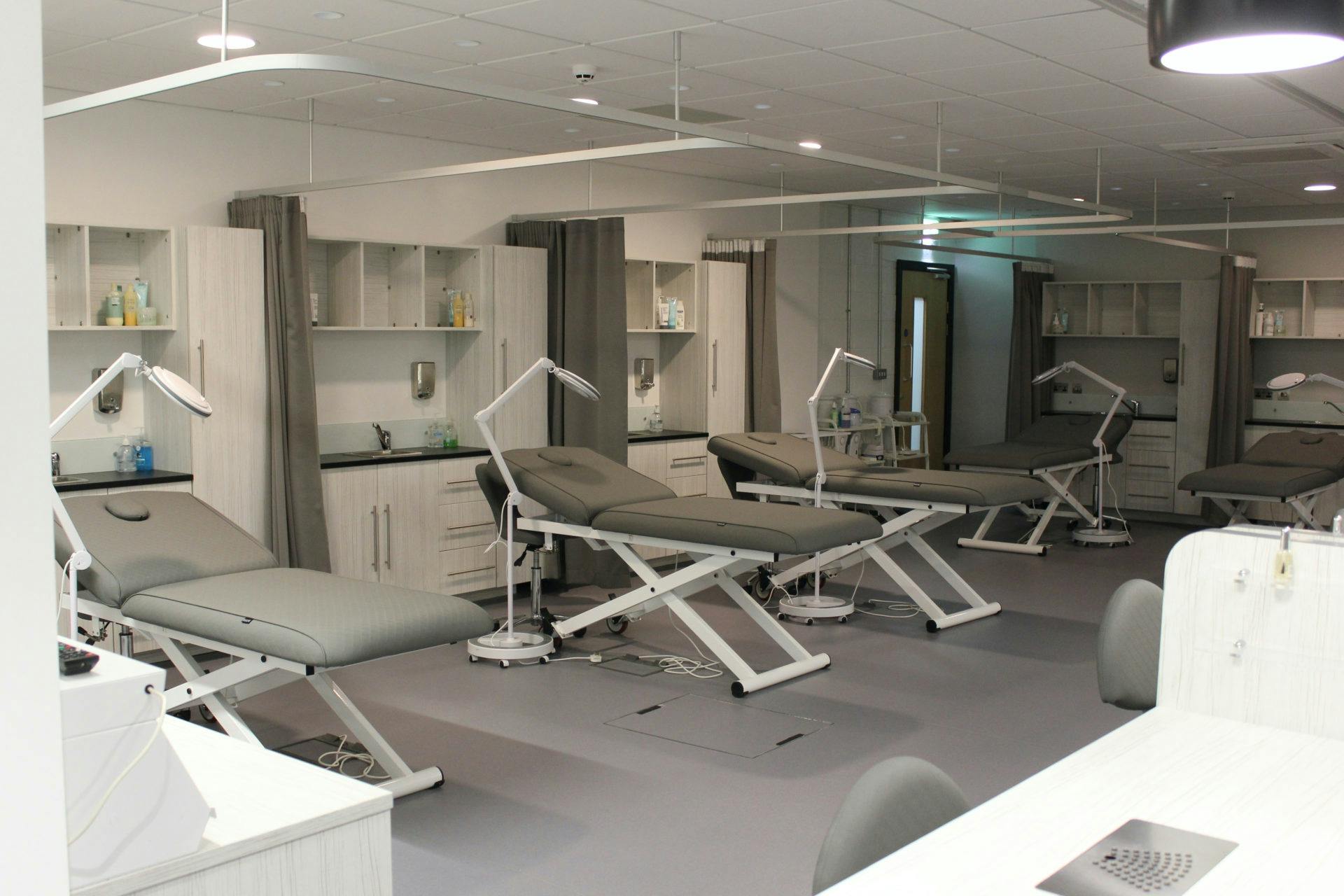
Step By Step Guide On How To Become A Beauty Therapist
Step By Step Guide On How To Become A Beauty Therapist
Beauty therapy is a profession that involves providing a range of cosmetic treatments and procedures to improve the physical appearance and overall well-being of clients. Beauty therapists use various techniques and tools to improve the health and appearance of the skin, hair, nails, and body.
The services provided by beauty therapists can include:
Skincare treatments: This can include facials, exfoliation, and skin rejuvenation treatments, as well as the application of skincare products and makeup.
Nail care treatments: This can include manicures, pedicures, and the application of artificial nails.
Body treatments: This can include massages, body wraps, and treatments for skin conditions like cellulite.
Hair removal treatments: This can include waxing, threading, and laser hair removal.
Beauty therapists work in a range of settings, including salons, spas, hotels, and clinics. They may also work freelance and offer mobile services.
Step-by-step guide on how to become a beauty therapist in the UK:
Becoming a beauty therapist in the UK requires a combination of education and practical experience. Here is a step-by-step guide on how to become a beauty therapist in the UK:
Research and choose an accredited beauty school: Look for accredited beauty schools in your area and choose one that offers a beauty therapy program that is recognized by the UK's leading beauty therapy professional organisations such as the Confederation of International Beauty Therapy and Cosmetology (CIBTAC) or the Vocational Training Charitable Trust (VTCT). Also, check with your local council to find out their requirements or regulations for you to practise.
Enrol in a beauty therapy course: Enrol in a beauty therapy course that covers the essential topics such as facial treatments, body treatments, waxing, nail technology, makeup, and more. Depending on the school, the program could take anywhere from a few days to weeks.
Gain practical experience: During your beauty therapy course, you will have opportunities to gain practical experience through treatments on real clients. This is important for developing your skills and building your confidence.
Obtain certification: Once you have completed your beauty therapy course, you will need to obtain certification from a recognised professional organisation such as CIBTAC or VTCT. To obtain certification, you will need to pass theory and practical exams.
Apply for jobs: Once you have your certification, you can start applying for jobs as a beauty therapist. You can work in salons, spas, or even start your own business.
Continue your education: To stay up-to-date with the latest trends and techniques, it's important to continue your education by attending workshops, conferences, and training sessions. You can also pursue advanced courses in specific areas of beauty therapy such as advanced skincare, laser hair removal, or aromatherapy.
Overall, becoming a beauty therapist in the UK requires a commitment to education and practical experience. With dedication and hard work, you can build a rewarding career helping people feel and looking their best.
In summary, to become a beauty therapist in the UK, you need to complete a recognised training program, gain practical experience, obtain the necessary licenses and certifications, develop your skills and knowledge, and decide on your career path. With hard work, dedication, and a passion for helping people look and feel their best, you can build a successful career in beauty therapy.
Earning potential for a Beauty therapy in the UK?
The earning potential for a beauty therapist in the UK can vary depending on several factors, including their level of experience, qualifications, and the type of salon or spa they work for. According to the National Careers Service, the average salary for a beauty therapist in the UK is around £15,000 to £25,000 per year.
However, beauty therapists who work in high-end salons, spas, or hotels can earn significantly more. Experienced therapists who have built up a loyal client base may also be able to charge higher rates for their services. Some beauty therapists may also choose to work on a self-employed basis, which can offer greater earning potential but also requires a higher level of business acumen and marketing skills.
Additionally, beauty therapists may also earn tips and commissions on product sales, which can add to their overall earnings. As with any profession, the earning potential for a beauty therapist in the UK is largely dependent on their individual circumstances and level of dedication to building their skills and reputation in the industry.
If you are interested in pursuing a career in beauty therapy, we would like to invite you to check out the courses we offer.
Our training program is designed to equip you with the skills and knowledge needed to become a qualified beauty therapist.
We are an accredited training provider, offering courses that are recognised by industry bodies such as CPD, ABT, and VTCT. Our experienced trainers are passionate about the industry and committed to helping you achieve your goals.
If you have any questions about our courses or would like to discuss your options, please do not hesitate to give us a call. We would be happy to answer any questions you may have and help you take the first step towards a rewarding career in beauty therapy.
Ready to boost your career? Start your training today.
Expert led industry leading training preparing students to excel in their careers

Sign up for our newsletter
Events, news and information not just for students but for the industry as a whole!
We care about the protection of your data. Read our Privacy Policy.